Depending on the type of user you are, you might have never come across enterprise-grade components. I've been using pre-built and custom machines for over two decades, but still haven't felt the need to dabble in enterprise hardware. That said, enthusiasts and home lab users have a lot to gain from picking older enterprise components compared to modern consumer-grade hardware.
It's not just about performance for such users; reliability and longevity matter just as much. While most gamers and regular users don't have much to gain from enterprise hardware, it's good to know what you can stand to gain from years-old server-grade components.
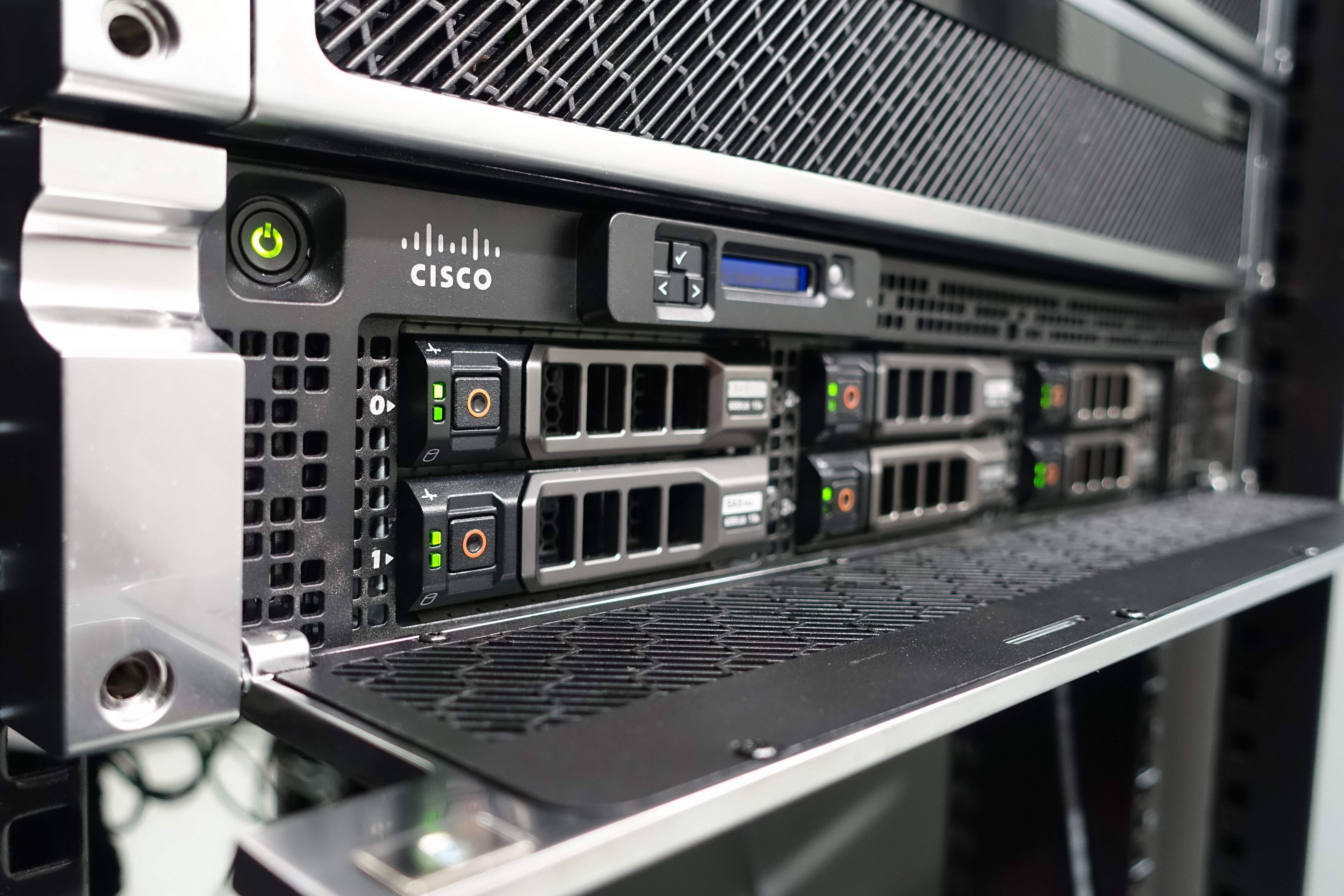
Related
Is ex-enterprise gear worth it for your home lab?
Are you thinking of picking up some cheap second-hand gear for your home lab? Here's our advice on the do's and don'ts
5 ECC RAM and enterprise PSUs
When reliability and longevity matter
Error Correction Code memory, or ECC RAM, is common in server environments. The extra layer of security protects against data corruption when memory bits inevitably get flipped. While modern consumer memory is pretty robust, older ECC RAM can make your home server or NAS even more secure, while proving a better deal financially.
If you're running a NAS or home lab with tons of important data, data integrity is probably high on your priority list. ECC RAM helps you design a more robust and secure home setup compared to your average consumer setup. Coming to power supplies, enterprise setups typically use redundant PSUs to ensure maximum uptime and longevity. These units are rigorously stress-tested and are designed to run nonstop, which is why they're much more durable than consumer PSUs.
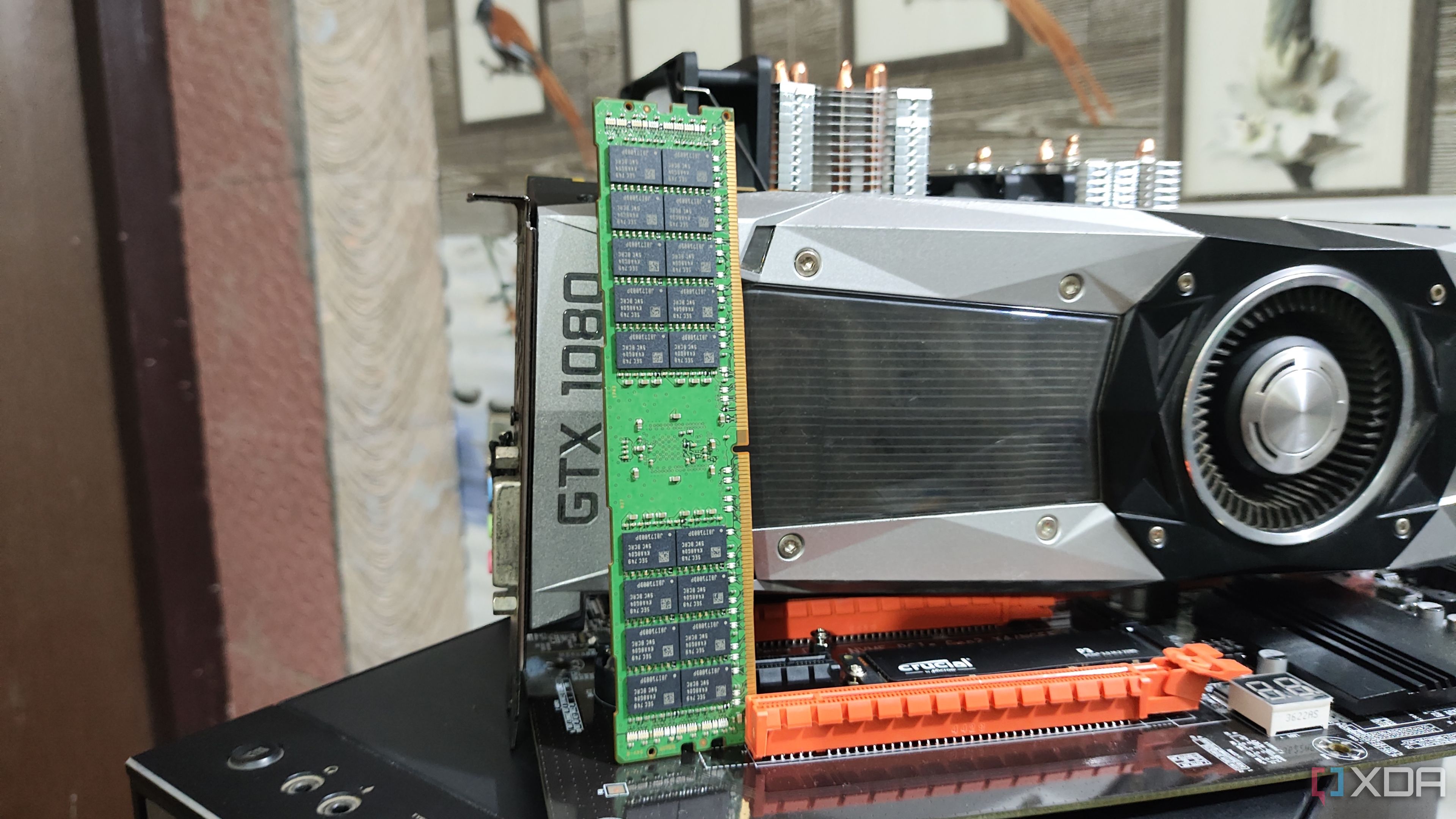
Related
3 reasons to choose ECC RAM for your home server
If you have a home server, ECC RAM might be worth picking up for it.
4 Enterprise motherboards and rackmount servers
Go crazy with your home lab
Server motherboards are a lot different from the kind of consumer motherboards you're used to, even high-end models. They can feature 8 to 24 memory slots, 8 PCIe slots, 10Gb Ethernet or higher, plenty of SATA ports, and a much more elaborate I/O stack compared to consumer motherboards. Not every enterprise motherboard will have these numbers, but you can see the kind of expansion and upgradability opportunities you have with these boards.
With plenty of PCIe lanes and support for dual CPUs, enterprise motherboards can power any enthusiast's home lab. Using the ample PCIe slots, you can install multiple GPUs, PCIe SSDs, and other expansion cards. You can combine enterprise boards with rack-mounted servers to install as many as 10 hard drives, sometimes even more. The only limit at this point is your imagination.
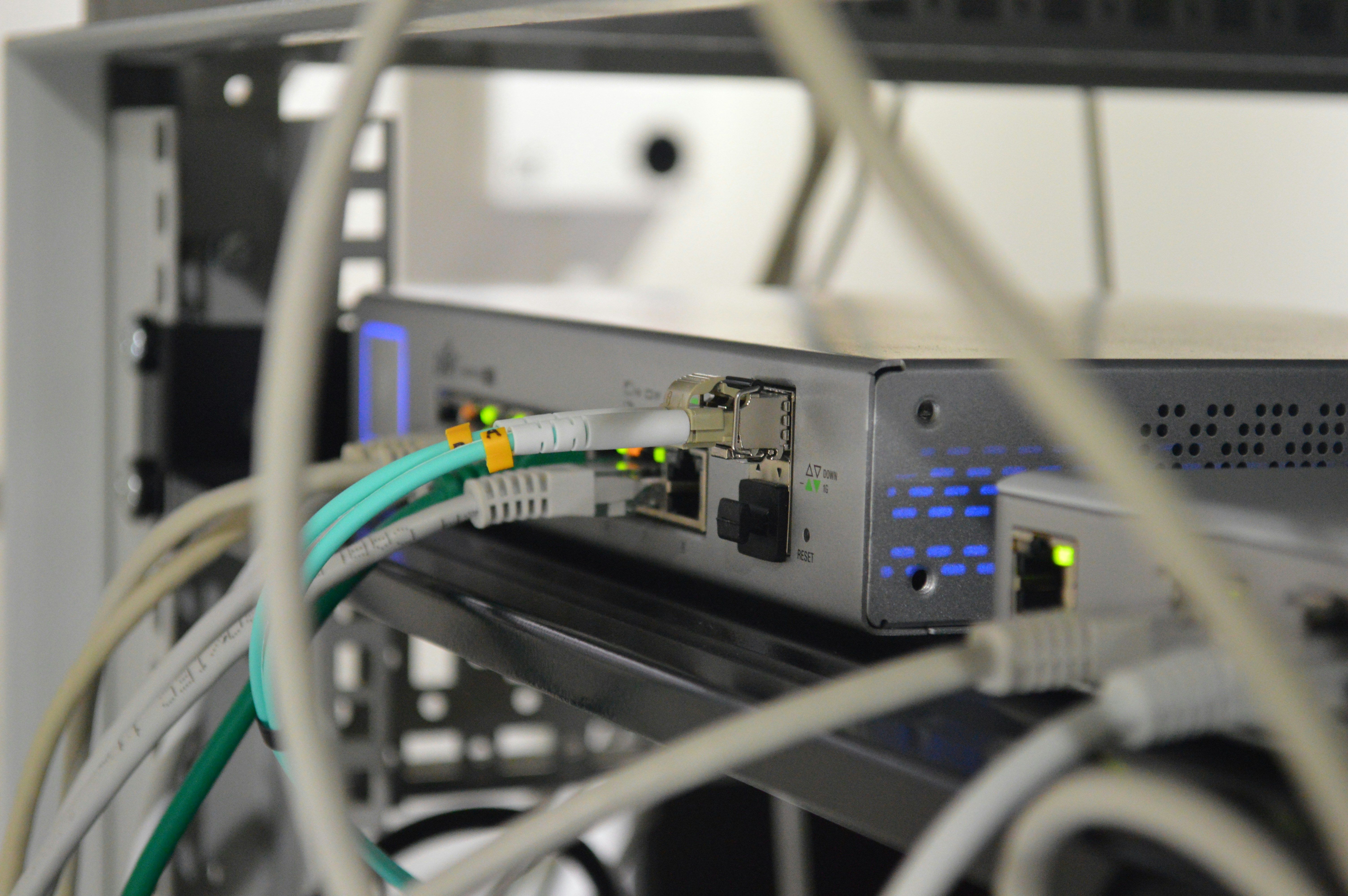
Related
How buying used enterprise hardware can teach you about networking
Ex-enterprise gear is often cheaply available, and great to learn networking basics on (if you get past the learning curve)
3 Enterprise SSDs
A different breed
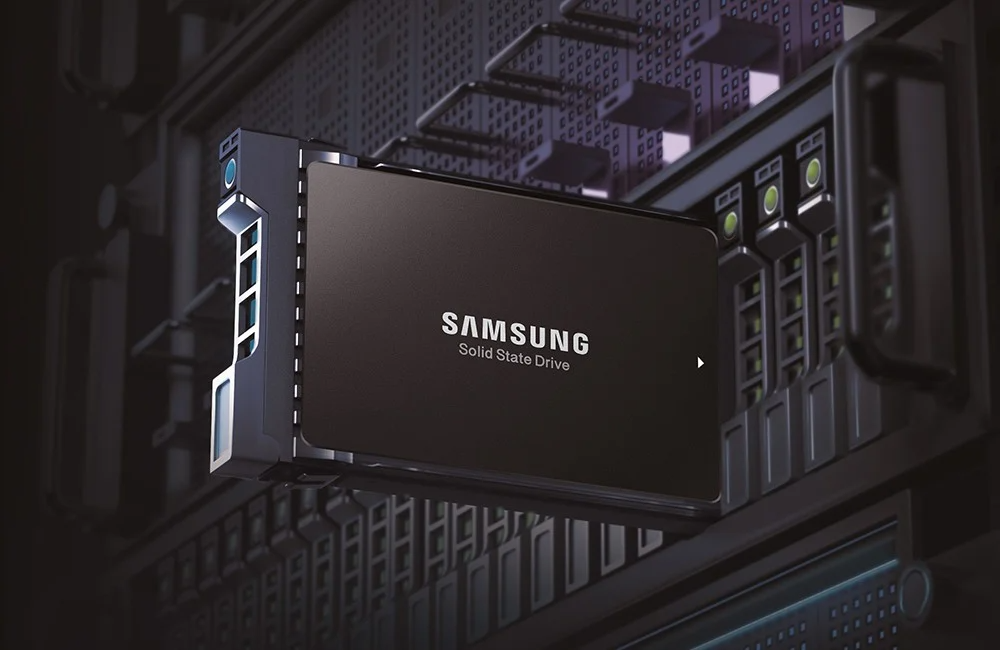 Source: Samsung
Source: Samsung
While older enterprise SSDs might not eclipse modern Gen5 drives in terms of sequential read/write speeds, they're engineered to deliver faster sustained performance with low latency. Plus, since they're used in data centers and server environments, they come equipped with advanced features like power-loss protection, error correction algorithms, and much higher endurance compared to consumer SSDs.
If you're planning to run a 24/7 home server with a lot of self-hosted services and multiple virtual machines that need reliable and high-speed data transfer, buying older enterprise SSDs can be worth it. You'll not only save money when buying higher-capacity drives (compared to new consumer SSDs), but also provide your home setup with a greater degree of sustained performance and a long lifespan.

Related
3 reasons you should consider upgrading to a U.2 SSD instead of an M.2
If you're considering getting a new storage device, a U.2 drive might be better than an M.2 drive.
2 Workstation GPUs
Horses for courses
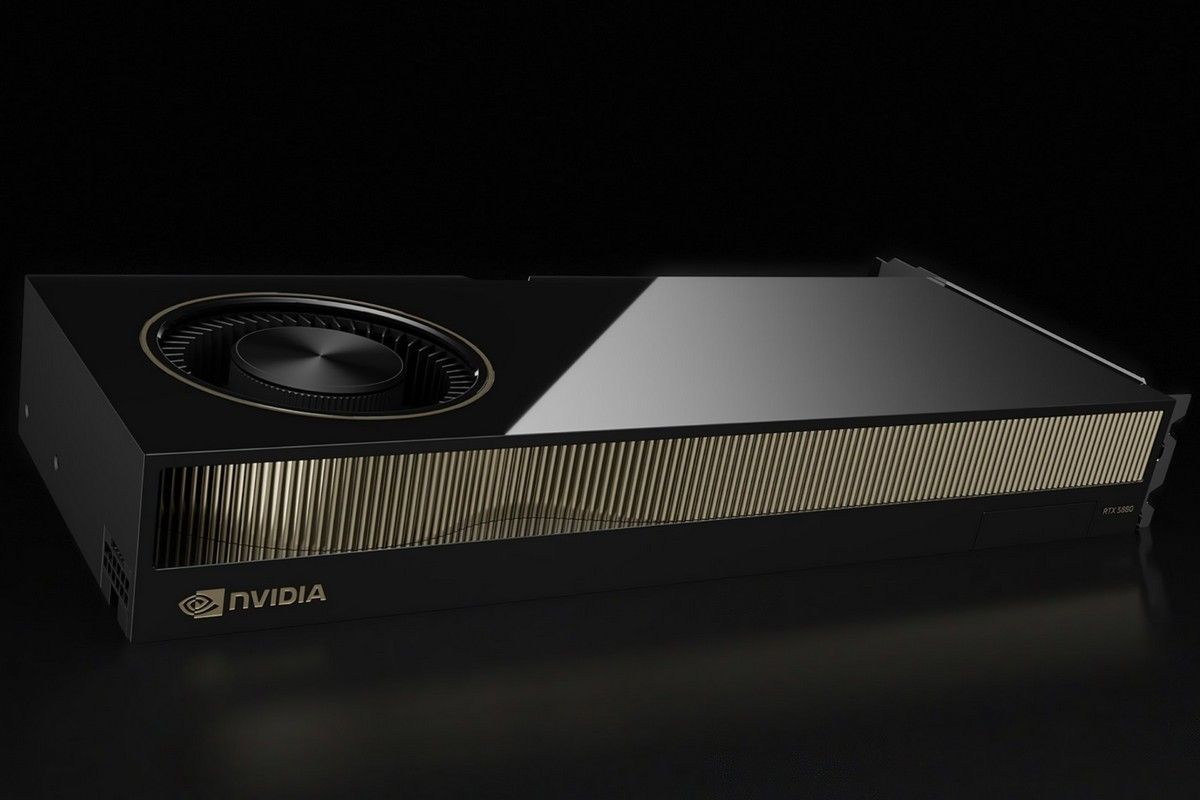
Image: Nvidia
Nvidia, AMD, and Intel manufacture GPUs not just for gamers but also for commercial use, targeted at enterprises. Even if you exclude the likes of Nvidia's DGX and HGX solutions for large-scale AI data center use, their older workstation cards can be more attractive than the newer gaming GPUs to the right user. These workstation models feature more VRAM, better performance in professional workloads, and features like ECC memory and compact form factors.
For instance, someone running intensive 3D rendering, AI research, and scientific engineering workloads can grab used Nvidia Quadro or AMD Radeon Pro GPUs for far cheaper than even the RTX 4060. The larger framebuffers, greater stability, and better performance in certain workloads are reasons enough to go for older professional GPUs.
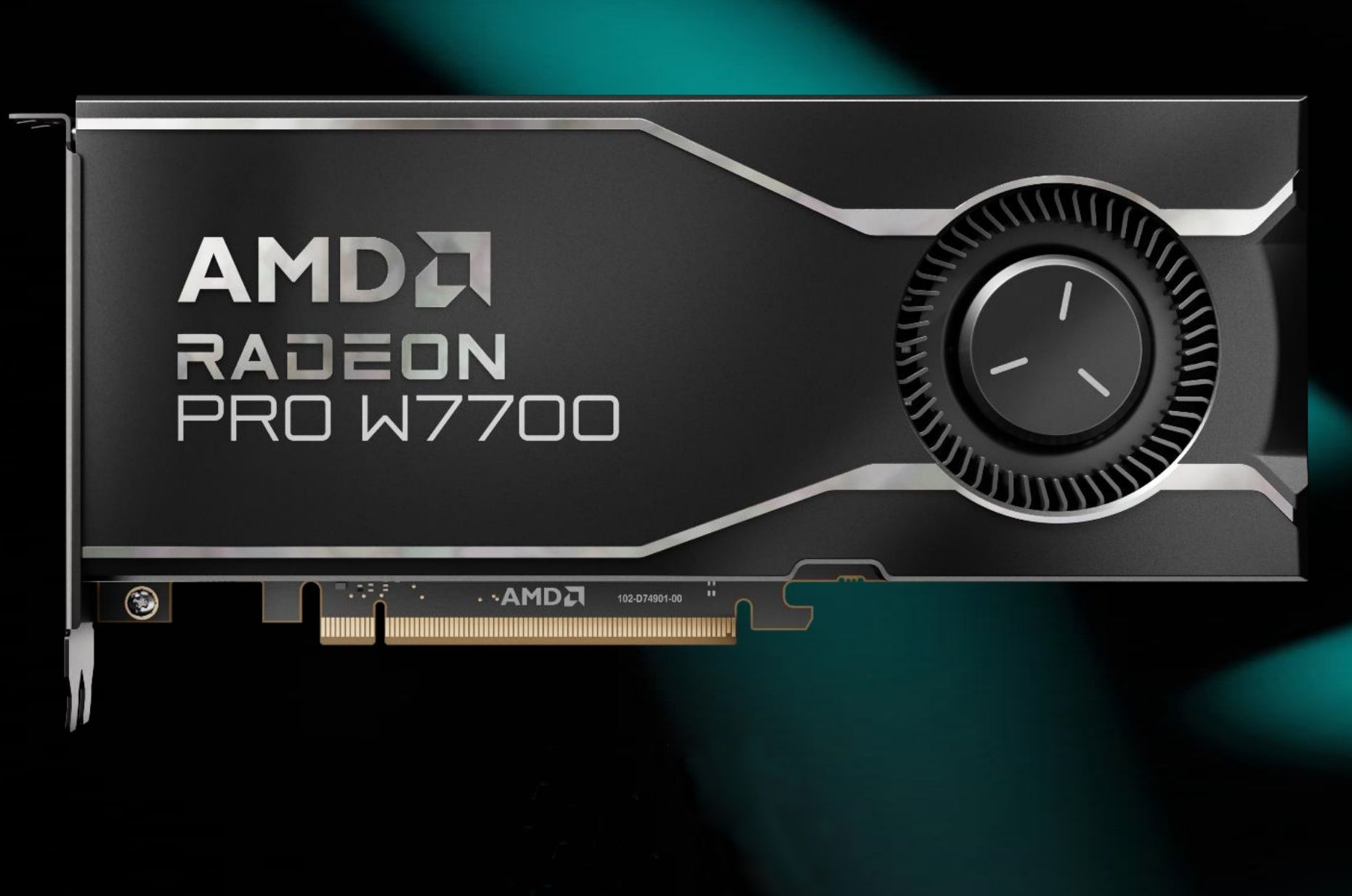
Related
You can technically use a workstation GPU for gaming, but here's why you shouldn't
There are many reasons not to use a workstation GPU in your gaming PC. Let's get into them.
1 Enterprise CPUs
Old is gold?
Older server-grade CPUs from Intel and AMD are far cheaper on sites like eBay, when compared to newer consumer chips. There's a reason for that — their single-core speed isn't up to snuff. So, gamers and other users will be disappointed by the performance of old Intel Xeon or AMD EPYC processors. That said, they still provide you with a lot more cores for a lot less money, which can prove useful in your home lab.
The higher core counts and greater longevity make older enterprise chips uniquely suited to home servers. You can easily run multiple VMs and containers without stressing the processor. Plus, with support for ECC memory and dual-CPU configurations, you can pretty much breeze through your AI-training workloads, Kubernetes clusters, and video editing jobs. These older workstation CPUs consume a lot of power, though, so make sure you're not running them when you don't need them.
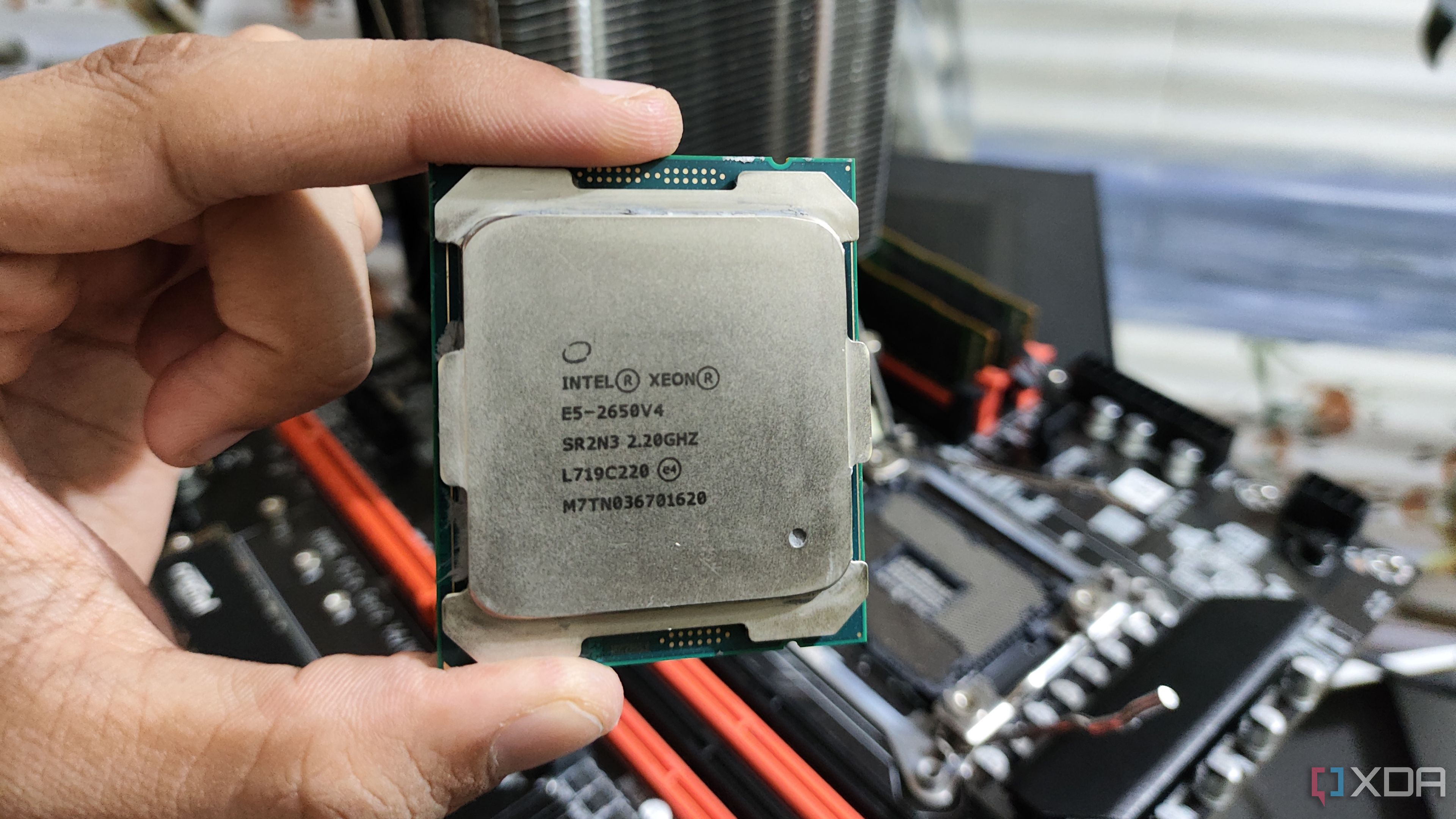
Related
4 reasons a used Xeon workstation makes for the perfect NAS
Get ready to up your NAS game with an Intel Xeon-powered system.
Explore enterprise hardware if you know what you're after
Older enterprise hardware might seem outdated in many respects, but for the right use case, it can offer benefits superior to those of newer consumer hardware. Better reliability, higher endurance, greater multi-core performance, more VRAM, and superior connectivity can be indispensable for home server users and enthusiasts. They can buy older enterprise components for cheaper than modern consumer-grade alternatives, and reap the benefits previously available only to enterprises.
.png)
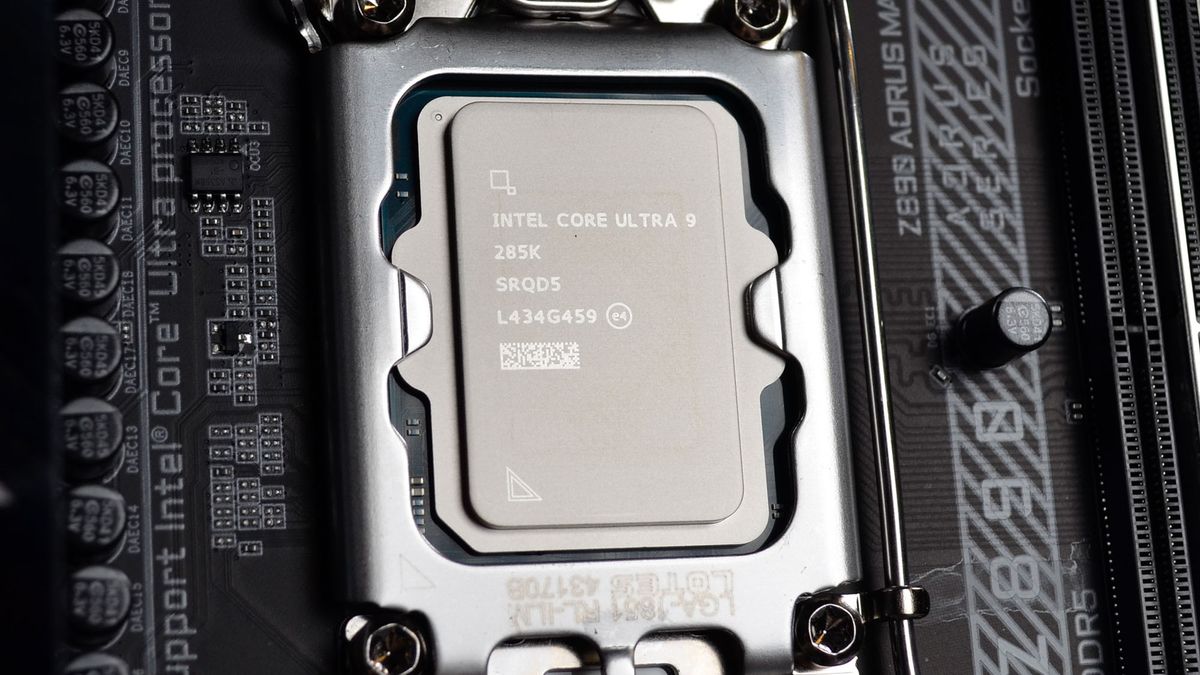










 English (US) ·
English (US) ·